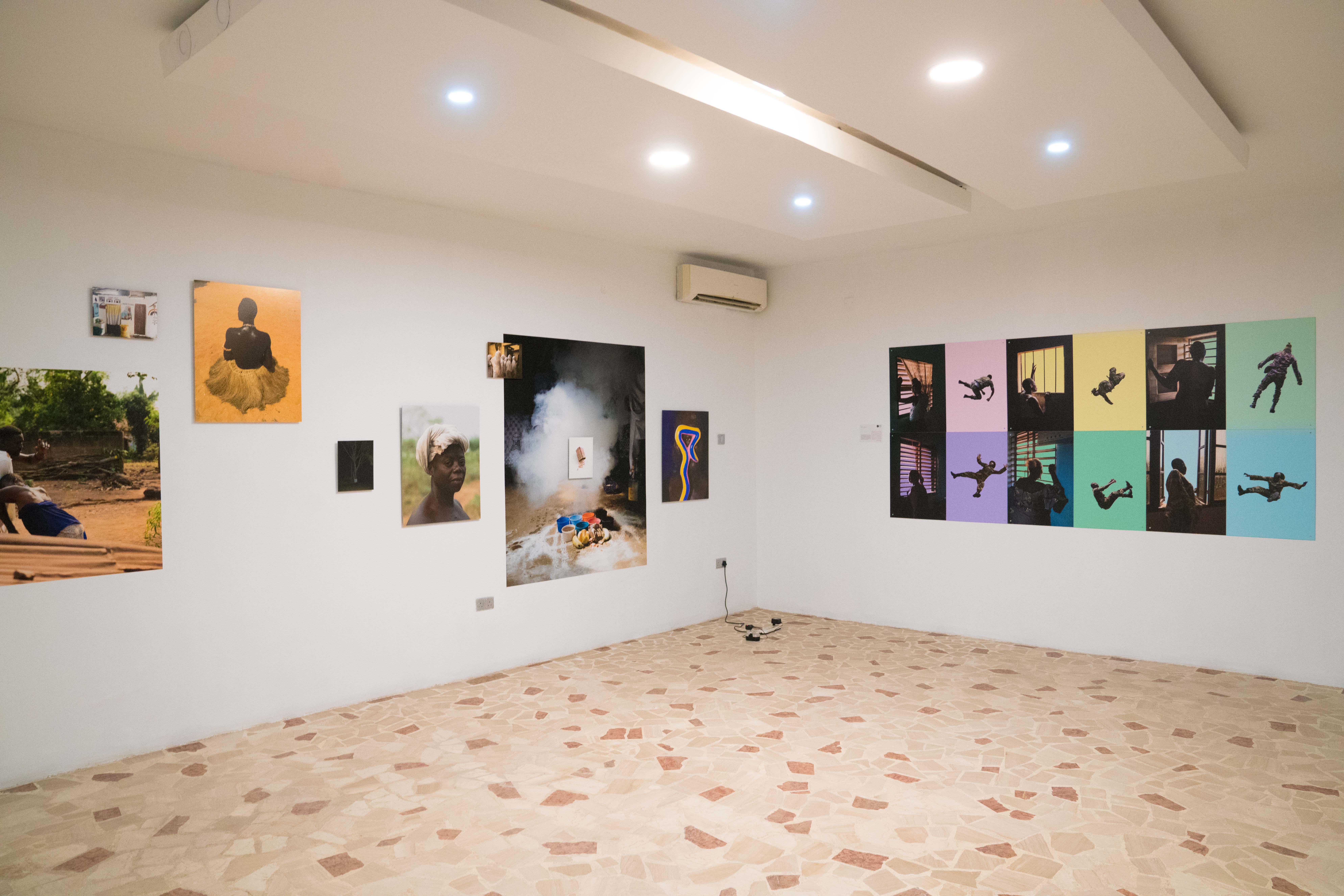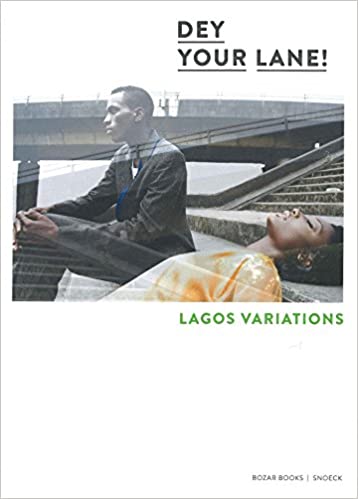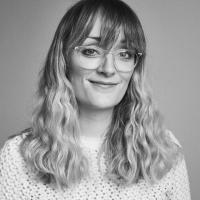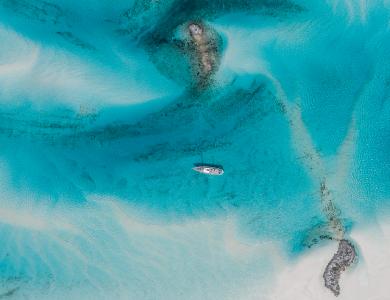Up next in our fortnightly series Under review is Azu Nwagbogu. He is the Founder and Director of African Artists’ Foundation (AAF), a non- profit organisation based in Lagos, Nigeria. Nwagbogu was elected as the Interim Director/ Head Curator of the Zeitz Museum of Contemporary Art in South Africa from June 2018 to August 2019. Nwagbogu also serves as Founder and Director of LagosPhoto Festival, an annual international arts festival of photography held in Lagos. He is the creator of Art Base Africa, a virtual space to discover and learn about contemporary African Art.
Nwagbogu has served as a juror for the Dutch Doc, POPCAP Photography Awards, the World Press Photo, Prisma Photography Award (2015), Greenpeace Photo Award (2016), New York Times Portfolio Review (2017-18), W. Eugene Smith Award (2018), Photo Espana (2018), Foam Paul Huf Award (2019) and the Wellcome photography prize (2019). He is also a regular juror for organisations such as Lensculture and Magnum and joins this year’s judging panel for the Sony World Photography Awards.
For the past 20 years, he’s curated private collections for various prominent individuals and corporate organisations in Africa. Nwagbogu obtained a Masters in Public Health from The University of Cambridge. He lives and works in Lagos, Nigeria.

You’ve been a major influence in acquisitions for both private and public collections. Do you approach developing collections for these two very different spheres differently? If so, could you please explain how the approaches differ.
It’s an interesting question. Collections are often very personal and a reflection of the character and idiosyncrasies of the individual and, by extension, the institution. If there is humility and curiosity, then there is an opportunity to build a collection that challenges the collector at each stage and this is what excites me in building collections: — the idea that you can grow with it.
Tell us how you’ve seen LagosPhoto Festival change since its inception in 2010?
For sure the festival has evolved and we have seen the gradual transformation from presenting work that challenged notions of Afro-Pessimism to developing the necessary agency to tell our own stories and design our own futures. Now, with LagosPhoto20, we are developing a long-term project called Home Museum. The idea is both complex and accessible at once, enabling a democratic visual co-creation of a museum through photography. Through the Home Museum, everyone can share personal stories about their own cosmogonies by documenting objects that spark off memories and stimulate awareness of our homes. The idea of your home as a museum is fundamental. We are very excited about this tilt.

As well as being the Founder and Director of LagosPhoto Festival you’re also the creator of Art Base Africa, a virtual space to discover and learn about contemporary African Art. Since the start of this year we’ve seen a dramatic shift to art and culture being consumed online. Do you see this continuing after the uncertainty of the pandemic? Or do you think viewing art in real life will take the lead?
We developed Art Base Africa in 2014 because we felt the virtual space was inevitable and necessary. In this current Covidian situation it has become vital. I think the notion of “after the pandemic” is an illusion and many things will not return to what was previously seen as normal. Traveling 5,000 miles to give a lecture is superfluous and not environmentally sustainable. The proliferation of biennials and art fairs, which boosted a tourist-led event economy through art situations, is likely not to survive.
Art events that are well articulated and dialogical will survive offline because we remain social beings and when you are in the presence of great art, there is an aura that cannot be digitised. Having said this, we need to develop a concept of digital hygiene, healthier ways of managing our time online because it can get excessive to have this mass migration onto screens.
How would you describe photography in Africa right now?
It’s exciting and diffuse.
Does photography have the power to change things?
It should not be burdened with that responsibility, but it does that all the time.

What personal or professional experience, expertise and skills do you draw upon when judging submissions?
I begin with the intention of the photographer; it’s not about the jurors. We only respond to what we see and debate the ability of the photographer to transmit a certain sensibility through images.
What was it about the Sony World Photography Awards that appealed to be on the judging panel?
I was fortunate to have received a copy of one of the catalogues many years ago from a friend, John Adeleke, and since that time I have followed the awards with keen interest. It is democratic and diverse and does not box itself into one style of photography.
During the judging process, you don’t see the name or nationality of the photographer, just the series description and the image. What are the advantages of anonymous judging?
Anything you can do to limit our individual bias is helpful. Most judging situations I have been involved in, thankfully, have had little regard for reputation, nationality, gender or any of the identity politics that would normally creep into the selection process.
Discover more about Home Museum


